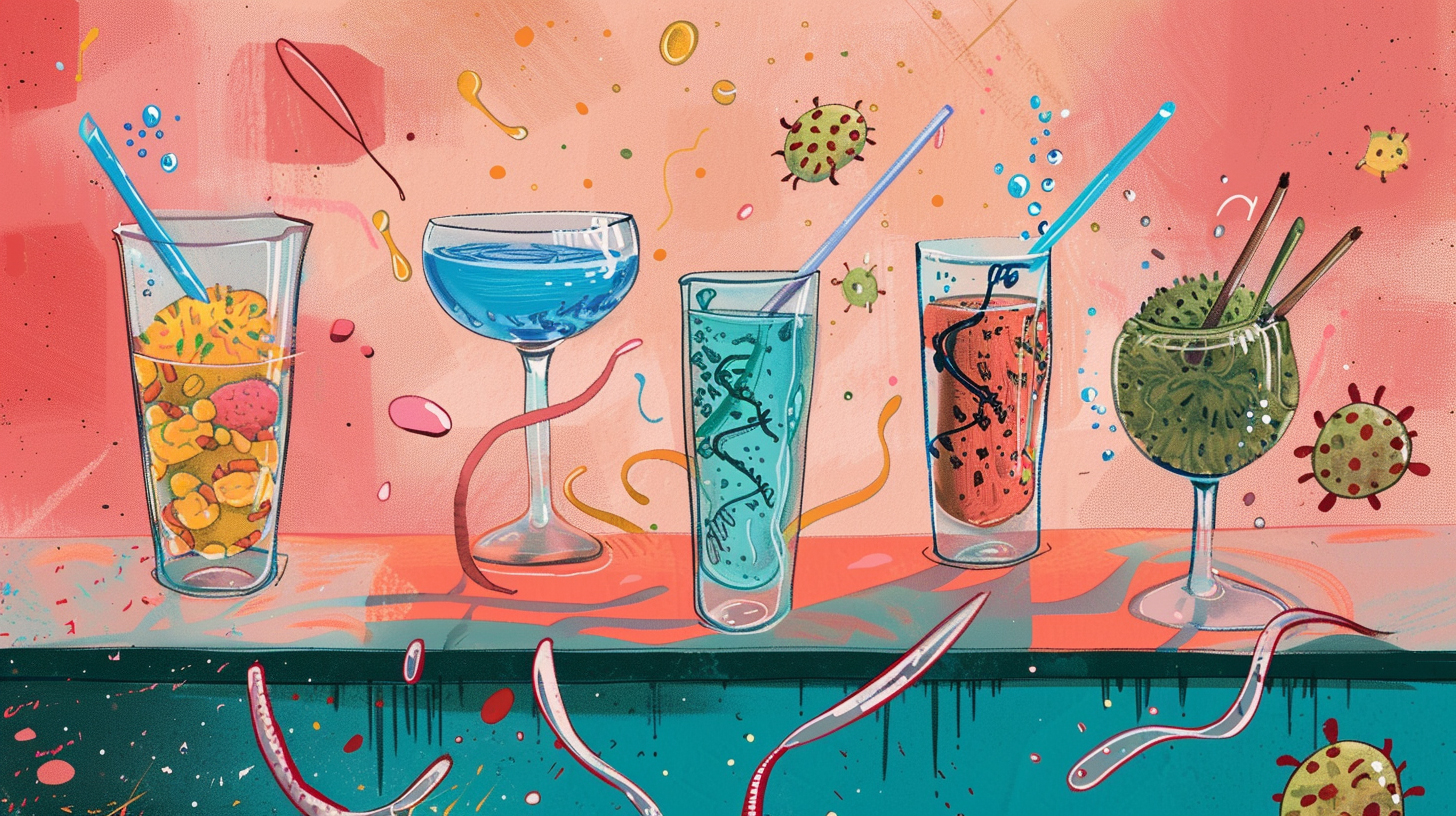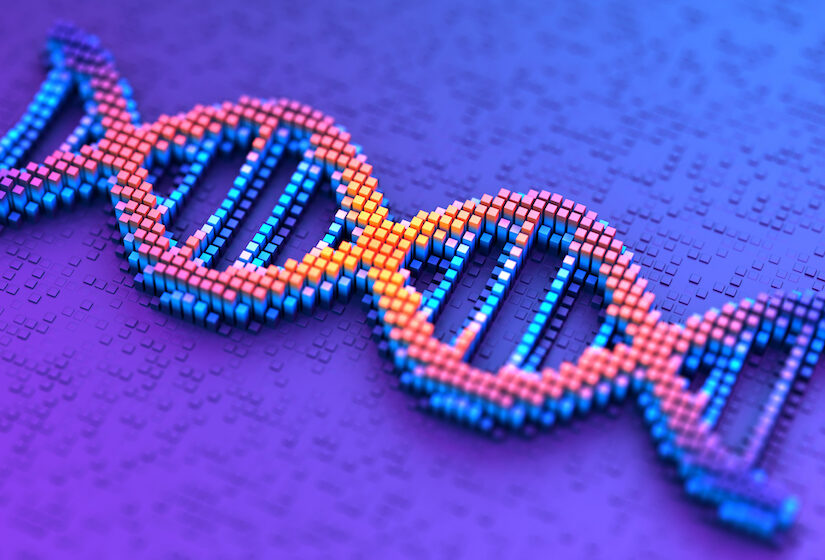Cancer immunotherapy research has made a big leap forward in recent years and, now, scientists are turning to the microbiome to enhance the treatment. A big influence is found in your microbiome and – you guessed it – your diet! So, just how much can your gut bugs influence your immune system and its reaction to bad stuff in your body? Quite a lot, according to new findings.
Immunotherapy is a treatment that turns off the “brakes” that cancer cells use to keep the immune system from attacking them (1). This then lets the immune system engage them as they normally would. However, not all patients respond equally well to this type of treatment, such that an effort has been made to personalize cancer treatments. In light of this, new cancer immunotherapy studies are recruiting the gut microbiome to join the fight (2).
Boost Your Immune System with a Bacterial Cocktail
A link between the ability of the gut microbiome and the immune system to fight cancer has been demonstrated in a new study conducted by a worldwide collaboration of scientists, led by a team at Sanford Burnham Prebys.
A link between the ability of the gut microbiome and the immune system to fight cancer has been demonstrated in a new study conducted by a worldwide collaboration of scientists.
They found that antibiotics reduce treatment efficiency, whilst some bacterial strains actually enhance it. The collection of bacterial boosters include strains such as Lactobacillus animalis, Clostridium clostridioforme, B.fragilis and B.thetaiotaomicron, and were shown to activate the immune system (2, 3).
By mixing a cocktail of 12 bacterial strains designed to activate the immune system, the researchers were able to slow the growth of metastatic melanoma, a later-stage type of skin cancer, in mice. They also performed tests on tissue samples from patients with metastatic melanoma and the results were promising. This means that, in the future, they may be able to identify biomarkers that will predict which patients respond positively to immunotherapy (2).
Recruiting Good Gut Gugs
Increasing the chances of recovery for melanoma patients is uplifting news. Still, what’s the next step? And what role does your diet play?
The research is still in its infancy, but the current results are promising. The next step for the researchers is to determine what metabolites the bacteria are producing to slow down tumor growth. This could lead to the production of prebiotics that can boost the presence of all the good gut bugs for melanoma patients – and potentially patients suffering from other types of cancer as well (4).
Patients who eat a lot of whole-grain foods have more bacteria that are linked to better outcomes of immunotherapy, while patients with higher amounts of processed meat or added sugars in their diet had fewer bacteria associated with good immunotherapy response.
However, it’s not just specially tailored prebiotics that can help out in critical situations such as these; researchers are arguing that diet also appears to have an effect on treatment. It has been reported that patients who eat a lot of whole-grain foods have more bacteria that are linked to better outcomes of immunotherapy, while patients with higher amounts of processed meat or added sugars in their diet had fewer bacteria associated with good immunotherapy response (5).
Based on the new studies, it seems clear that the microbiome is intimately linked to a healthy immune system and diet is important in maintaining both a healthy gut microbiome and a healthy immune system.
Based on the new studies, it seems clear that the microbiome is intimately linked to a healthy immune system and diet is important in maintaining both a healthy gut microbiome and a healthy immune system. Even if you’re not in immunotherapy treatment, keeping your gut healthy and happy has great advantages. A good way to start is figuring out what your body needs and how to support it.



